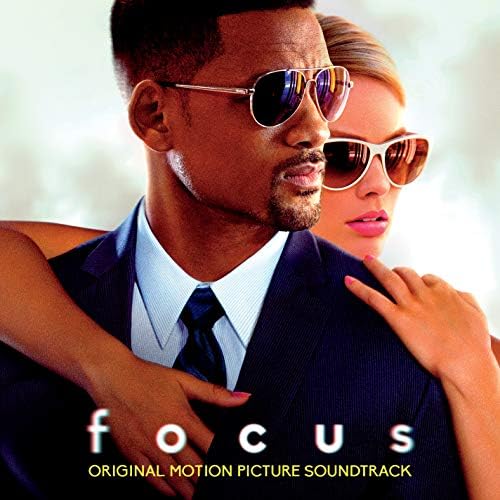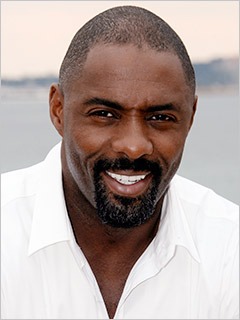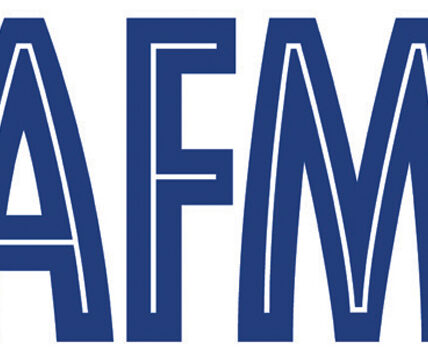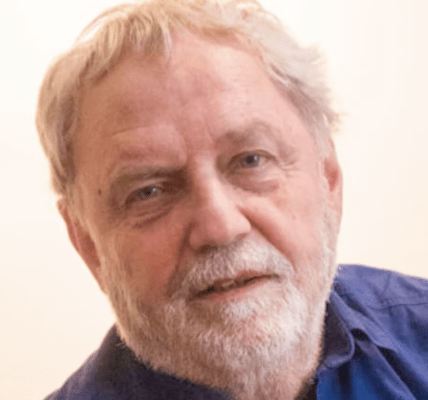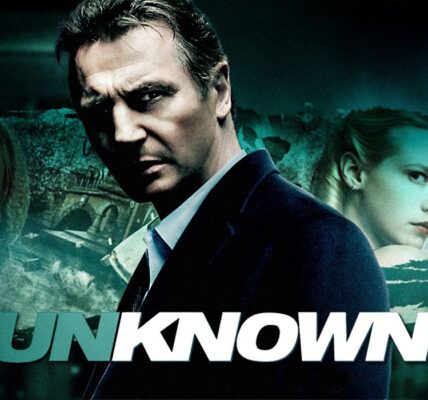In Focus: Film Soundtrack
Hot House Music
We go behind the music at supervision agency Hot House Music’s London office, where Karen Elliot reveals what it takes to create the perfect soundtrack.
With more than 16 years of experience in the music industry, Karen Elliot set up Hot House Music in 2002, with partner Becky Bentham. Beginning as a music supervision and score coordination outfit, it has grown to include a fully-fledged composer agency. Elliot served as score coordinator on the Lord of the Rings, cementing Hot House’s reputation as the leading UK facility for music supervision and composer representation. Her experience in track clearance is second to none, completing the unenviable task of sourcing in excess of 20 classic songs for the HBO film The Life and Death of Peter Sellers. Elliot’s other impressive credits include Stephen Fry’s Bright Young Things, Stephen Frears’ Dirty Pretty Things and David Cronenberg’s A History of Violence.
How did Hot House Music come into being?
Becky [Bentham] and I started Hot House seven years ago. We started it with the intention of just doing music supervision in films, but because of our experience with the agency side, we found that lots of composers came knocking on our door wanting representation. We don’t have a huge roster; we currently represent 14 people, but we’ve represented them since the word go.
What does being a music supervisor actually entail?
Music supervision in its true sense covers a whole load of bases. If you’re doing everything on a movie, then music supervision deals with any on-camera pieces, putting musicians on set if need be, and by [doing] any pre-records in studio before they go on set. We also negotiate with any actors or actresses who sing or perform. Most importantly, if they’re performing a really well-known song in a film, we have to pre-clear that song.
Is pre-recording a common thing?
If there is stuff in shot, the best way to do it, for editing purposes, is to pre-record the track in studio and then have everybody mime to it on set. It enables them to chop it around, whereas if you record it live on set, the sound quality is normally pretty poor [and] someone usually fucks up somewhere along the line! I don’t think I’ve worked on any film where we’ve recorded live on set; everything has been pre-recorded. Even if it’s for a film where it’s supposed to be a concert, like Stoned, the Brian Jones film, which had seven scenes that were supposed to be live gigs. We mixed in a live sort of feel; we used a greater amount of reverb [and] we told the vocalist not to be ‘too good’ while we were pre-recording it! If you have a good engineer and you tell them what you’re trying to do and the sound you’re trying to create, they’ll mix it for you.
What kind of budgets are you usually afforded?
We’ve worked on films that have a total production budget of £500k, right up to films like Lord of the Rings, which had a massive budget. Most of the UK independent movies have budgets of about £3–4m, compared to an American studio film we’re working on at the moment that has a budget of $40m. If you’re working on a film with a £500k budget you’re never going to clear a song by the Black Eyed Peas, for instance! So you’re forced to use older copyrights or bands that have recently signed and who are looking for the exposure.
What do your dealings with composers involve?
We help with the choice of composer and then we engage with that composer in coordinating the whole score recording. Booking studios, booking musicians, finding specialists; in several cases, finding them places to live while they’re over, installing studios into these places [and] building a team around them. We may have to find an orchestrator, a music editor, a conductor, etc. When the film’s in post, we can then deal with all the other source songs that are needed, like background stuff.
Which composer have you learnt the most from?
Probably Howard Shore on The Lord of the Rings, simply because we spent so much time with him. It was a hell of an operation. We took over a whole floor at the Dorchester and had people on a 24-hour basis working in shifts. Then Peter Jackson used to bring his whole team from New Zealand, so we used to find and rent a house for Peter and his family. He was constantly editing over here while we were recording; we were constantly having to redo things. The head of music at New Line at the time, Paul Broucek, was amazing and always very supportive. He was very good at dealing with the intense political stuff that always came up.
Are there a lot of politics involved with the soundtrack?
It can be really awkward with a project when it starts out as an independent movie and then gets picked up by a bigger studio or distributor. Sometimes the director has a totally different view on how the music should be to the bigger fish who suddenly come into the picture. Sometimes, even if there isn’t a third party involved, you might have to work as a mediator between the director and producer. As we all know, you can have a scene and put four different tracks up against it and suddenly the scene plays in four entirely different ways. Another thing that can happen if a project is lowbudget and they’ve already ‘temped’ the film, is that a lot of people fall in love with songs and then they hire me and I come along and say ‘you can’t afford that’. Usually they fill their temp tracks with big artists like Guns ‘Roses, Michael Jackson, even Cat Stevens, who, incidentally, never clears anything for a film!
Is there anything that you’ve watched recently where you were really impressed with the soundtrack?
I saw Twilight: Eclipse, and I loved what Howard [Shore] did on this one. It made good use of songs in relationship to the score. I also thought The Hurt Locker was amazing and really brave because it had no music in it at all. I’m probably not supposed to say that!

